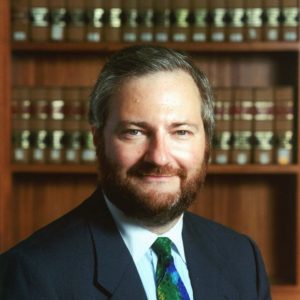CURRENT MONTH (January 2018)
Professional Responsibility
Ethics/Antitrust Suit Against LegalZoom, Bar Regulators
By Keith R. Fisher, National Center for State Courts
An IP firm filed a federal antitrust suit against LegalZoom and bar authorities in Arizona, California, Texas, and the U.S. PTO. It alleges that the former “surreptitiously violates unauthorized practice of law rules” and engages in false advertisement, and the latter “turn a blind eye” to those violations. The suit seeks $60 million in damages or, alternatively, intends to ensure that lawyers can “compete on an equal footing” with a company that is gobbling up market share in the legal services world by disclaiming status as a law firm and avoiding the regulatory costs associated with being one, including UPL, conflicts, nonlawyer assistants, and trust accounts.
ABA Ethics Opinion Construes “Generally Known” Exception to Rule 1.9(c)(1)
By Keith R. Fisher, National Center for State Courts
Model Rule 1.9(c)(1) prohibits using confidential information about former clients to their disadvantage unless the information has become “generally known.” Interpreting that phrase, a recent ABA ethics opinion concludes that merely because information can be found in court records or is otherwise publicly available doesn’t make the information “generally known.” Formal Opinion 479 limits the exception to “use” of former client information, not disclosure, and then only if the information “is widely recognized by members of the public in the relevant geographic area” or “widely recognized in the former client’s industry, profession, or trade.” The opinion follows the New York approach and regards non-publicly available information as “generally known” if it is widely known in the former client’s “industry, trade, or profession even if it is not known to the public at large.”
Sessions Raises Uncertainty Level for Cannabis Counseling
By Keith R. Fisher, National Center for State Courts
Uncertainty about ethically providing legal services relating to state-authorized marijuana businesses has been placed in more doubt than ever. Such services could result in violations of Model Rule 1.2(d) or could be viewed by the Department of Justice (DOJ) as assisting, or aiding and abetting, a violation of federal law (thereby subjecting the lawyer to discipline under Model Rule 8.4(b)). Until recently, lawyers had the benefit of a fig leaf from DOJ in the 2013 Cole Memorandum, which limited federal civil and criminal enforcement in the area. But on January 4, 2018, Attorney General Jeff Sessions rescinded the Cole Memorandum and directed federal prosecutors to follow long-established principles in deciding what cases to bring. As of this writing, 29 states plus Guam and the District of Columbia have legalized some level of marijuana use.




